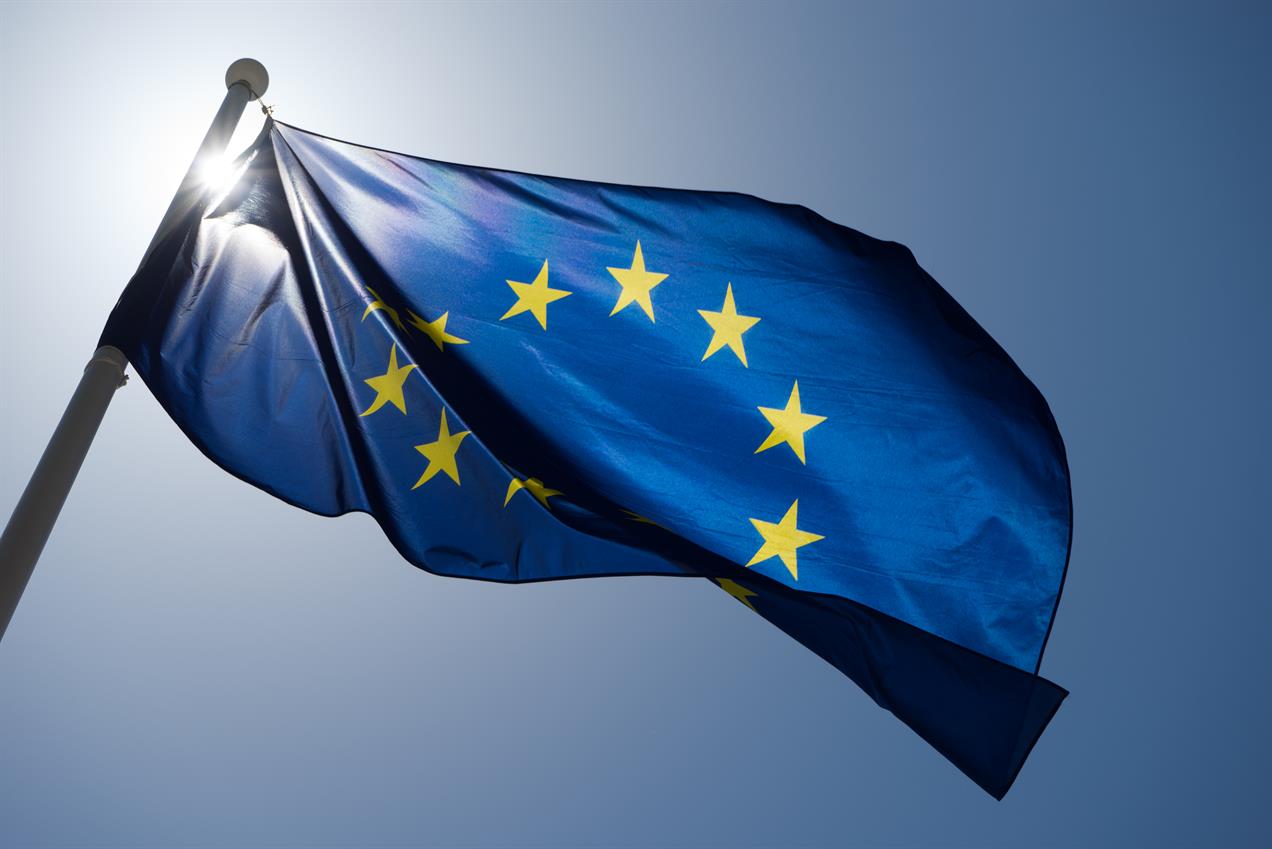In 2020, the EU published its hydrogen strategy as part of the commission’s plans to become climate neutral by 2050, which was then updated through the RepowerEU plan in 2022 with a target to reach 20 megatonnes of green hydrogen production a year by the end of the decade.
In a report published yesterday, the ECA concluded that the commission has been “partially successful” in creating the necessary conditions for the emerging hydrogen market in the EU, adding that “challenges remain all along the hydrogen value chain”.
The auditors also said that prior to setting the renewable hydrogen production and import targets, the commission did not undertake robust analysis and they were instead “driven by political will”. The document added that the EU targets have turned out to be “overly ambitious” and that based on the available information from member states and industry, the bloc is unlikely to meet them.
The ECA called for a reality check to decide a strategic path towards decarbonisation without affecting the competitiveness of key EU industries, recommending the commission update both the hydrogen strategy and the targets in line with realistic expectations by the end of 2025. Additional recommendations included setting a roadmap to monitor progress, assessing EU funding arrangements, and monitoring permitting processes in the member states.
In response to the report’s findings, the commission said that since the development of Europe’s hydrogen system is in its initial stage and “still very dynamic”, it is too early to assess the success of creating support for an emerging hydrogen market. “Moreover, several of the objectives to develop a hydrogen ecosystem are set after 2024, and it is therefore too early to evaluate whether these objectives have been achieved or not.”
However, the commission did accept the auditors’ recommendation to update the hydrogen strategy, saying that it can be revised to take into account the recently submitted National Energy and Climate Plans from member states.
Hydrogen Europe said in a statement that the organisation agreed with the conclusions reached by the report, adding that the commission should “take more ownership on guiding member states on their hydrogen strategies as part of their national energy and climate plans, and it should also better reflect national priorities when setting EU policy strategies”.
Speaking last year, a commission official had voiced doubts about the 2030 target, suggesting the 20 megatonne green hydrogen target “was, might have been, too much”.
This story first appeared in our sister title, ENDS Europe


.png)


HR.jpeg)
.png)








